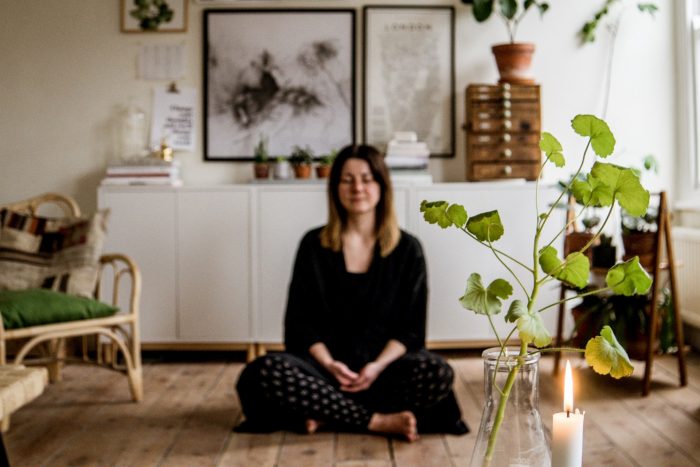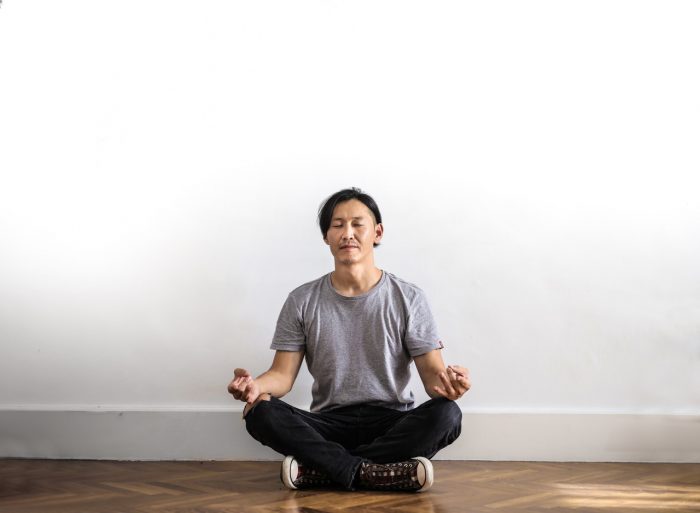The coronavirus disease outbreak 2019 (COVID-19) is the newest pandemic that is harmful to humans. Fear and anxiety about a disease can be debilitating in adults and adolescents and trigger intense emotions along with a loss of zen. Coping with stress properly will improve your wellbeing as well as the wellbeing of the people you care about.
How you react to the outbreak will rely on your history, the things that make you different from others, and the community in which you live. You can make an outbreak less traumatic by sharing the truth about COVID-19 and understanding risk to yourself and your loved ones. By sharing accurate information about COVID-19, you can help people feel less stressed.
During and after a disaster or pandemic like this, it is common to feel tension, anxiety, sadness, and worry. Know how you feel and embrace it. In an emergency, taking care of your mental wellbeing will help you think better and respond to the immediate needs of defending yourself and your family. Here are four methods you can try to keep your zen during a pandemic.

Breathe And Keep Moving
It’s good to preserve your sense of present-moment awareness by concentrating on your breath. This is especially true during times of crisis when our minds struggle to process everything that is going on. You can do this by taking one conscious breath at a time to cope with the discomfort you feel.
Take the time to stretch your back, twisting and shifting your body. Take advantage of the chance to get out of your seat. Move your body in ways that feel natural and comfortable.
Meditate, Meditate, Meditate
Make some time to sit still and return to your zen. Whether it’s five minutes or half an hour, you need time to relax your mind and connect with your body. Know that in seeking quietness, you are enabling the processing of thoughts and feelings.
Get a good meditation cushion, find a quiet room, close your eyes, and breathe. Set yourself up to progress by practicing meditation on a regular basis.
Meditation can occur in only a couple of minutes, and those few minutes will change a life. Set aside five minutes to do a mini-meditation session each day. Open your eyes and start taking long, full breaths in and out of your nose. Close your eyes, and add a mantra to focus your mind.
Eat Good Food
A critical element of coping with stressful times is keeping the body energized with healthy foods. Food is fuel, and it is critical to support your body accordingly. While you won’t have the skilled chefs that come with retreat centers in your house, you can be more careful with the meals you eat each day. Make sure that you are choosing nutritious options.
Know The Updates, But Don’t Consume Too Much
You can get more stressed or anxious when you feel like you lack certain details. Read, listen, or read the news for official information. Be aware that rumors can emerge during a crisis, especially on social media. Therefore, verify your sources and turn to credible information outlets such as the local government authorities.
However, during these times when the news is often heartbreaking or scary, know when you need to turn it off. It is important to protect your mental health during these times.

Conclusion
Take breaks from watching or reading news stories. Hearing about the situation and seeing videos constantly can be unsettling. Seek to do fun things and return as much as possible to regular life. But remember to check back for updates when necessary.
For more information about COVID-19 and how to cope up, click here.
































